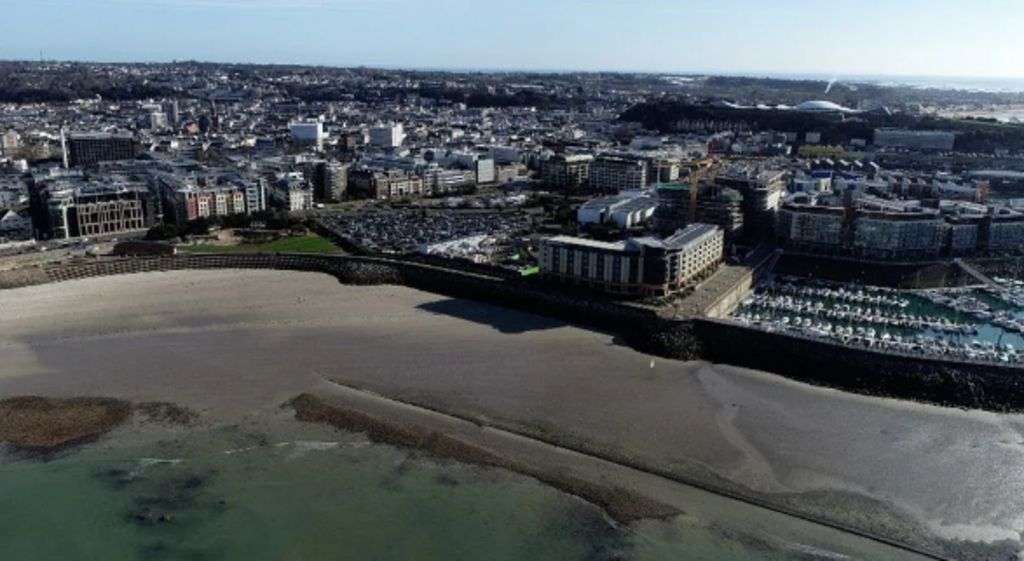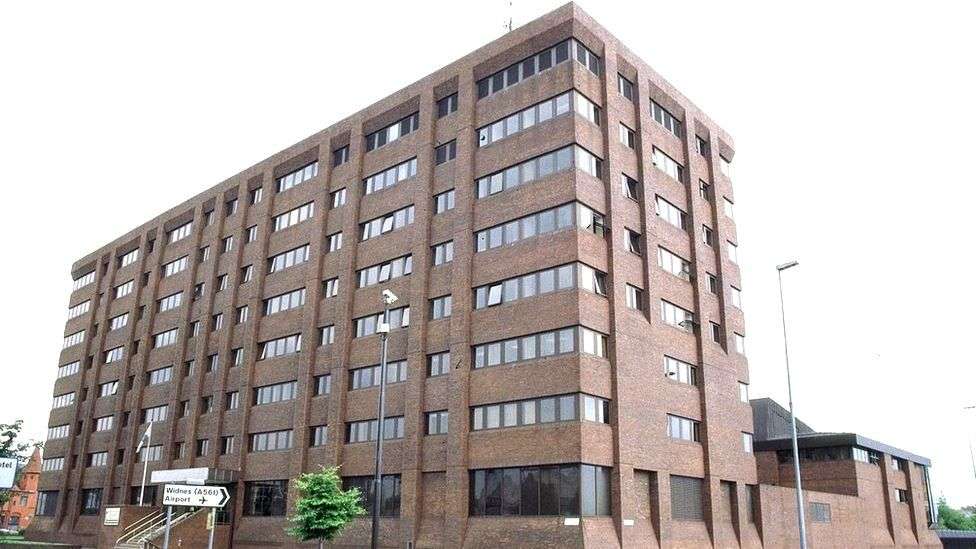The implementation of a new global tax regime could generate about £90m annually for the Channel Islands' governments, according to officials.
It is part of the Organisation for Economic Co-operation and Development (OECD) Pillar Two initiative, which aims to establish a global minimum tax rate of 15%.
Only companies with a global annual revenue of €750m (£631m) or more are required to pay the 15% rate, which politicians said could generate £50m in Jersey and £40m in Guernsey.
The scheme is designed to prevent businesses moving to low or no tax jurisdictions which politicians warned could make the Channel Islands less attractive.
The threshold means most companies in the Channel Islands will continue to operate under the zero-10 rule, in which the standard rate of company tax is 0% while finance firms pay 10%.
'Islands are struggling'
Guernsey Deputy Charles Parkinson is a long time campaigner for corporate tax reform and pushed to delay the islands implementation of GST in favour of taxing big businesses.
He said the new regime would bring significant revenue for the governments in the Channel Islands.
"I believe there are more than 1,000 companies in scope in Jersey, and in Guernsey there are 600 companies or thereabouts, although due to exemptions only about 200 will be paying significantly more tax," he said.
"In Guernsey we expect the annual revenue from these companies to be in the region of £40m."
He added: "For the population as a whole, I think it's a good thing. Both our islands are struggling with fiscal problems, we don't have the money government needs to spend on public services, if we get more money in from large corporations then that can only help."
Mr Parkinson said there was a very small risk that some of the companies would leave the Channel Islands.
"We have to be competitive on something more than tax, there have to be good reasons why people want to do business in the Channel Islands," he said.
'Islands competitiveness'
Jersey Deputy Jonathan Renouf, chairman of the OECD Pillar Two implementation sub-panel, said the move was significant.
"The government estimates it will bring in at least £50m in the first year of operation," he said.
Mr Renouf said there was a possibility the change could make Jersey less attractive for large companies.
"It's our job to make sure the government is proposing good legislation, that it will achieve what they think it will achieve," he said.
John Shenton, the tax director at Grant Thornton Limited, said: "In short no-one knows, and politicians have to put a brave face on it, but I am struggling to see anything beneficial in the longer term."
Both of the islands' governments will review the global tax proposals.








